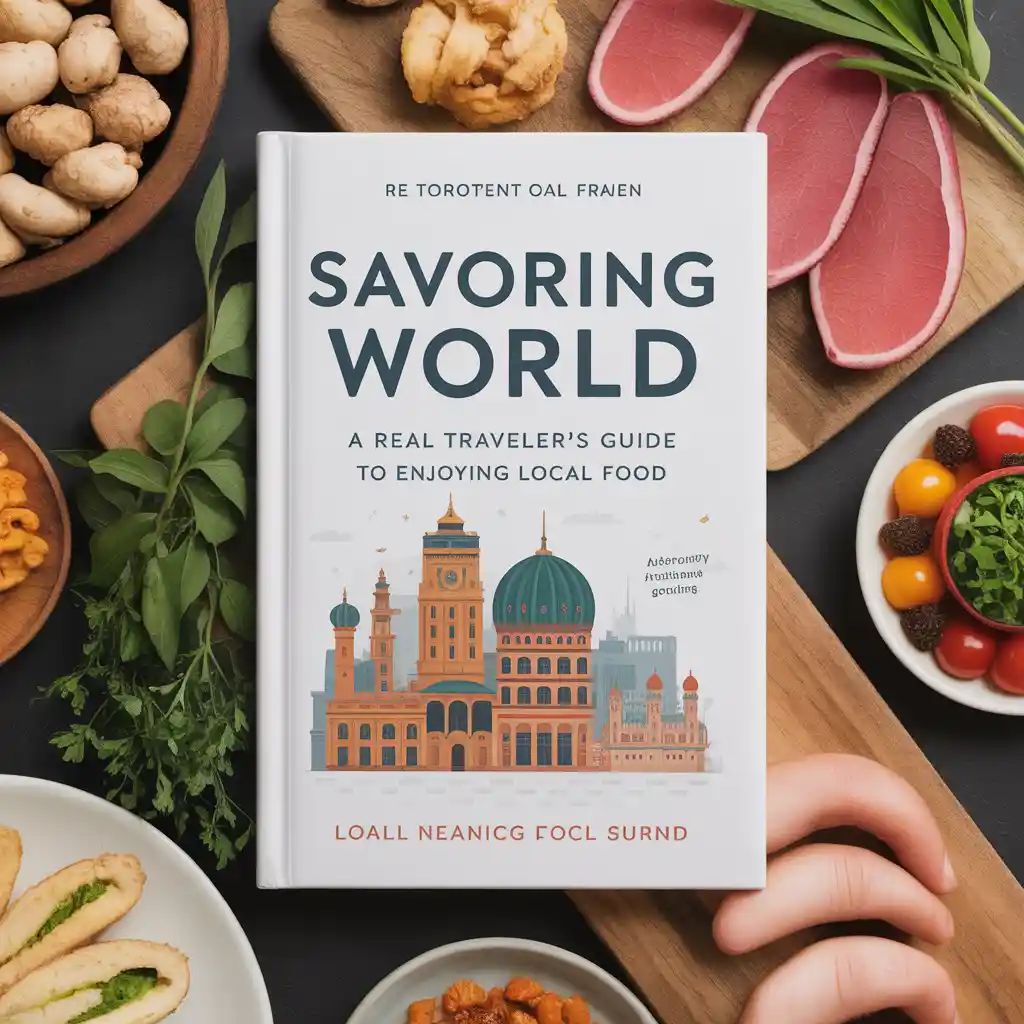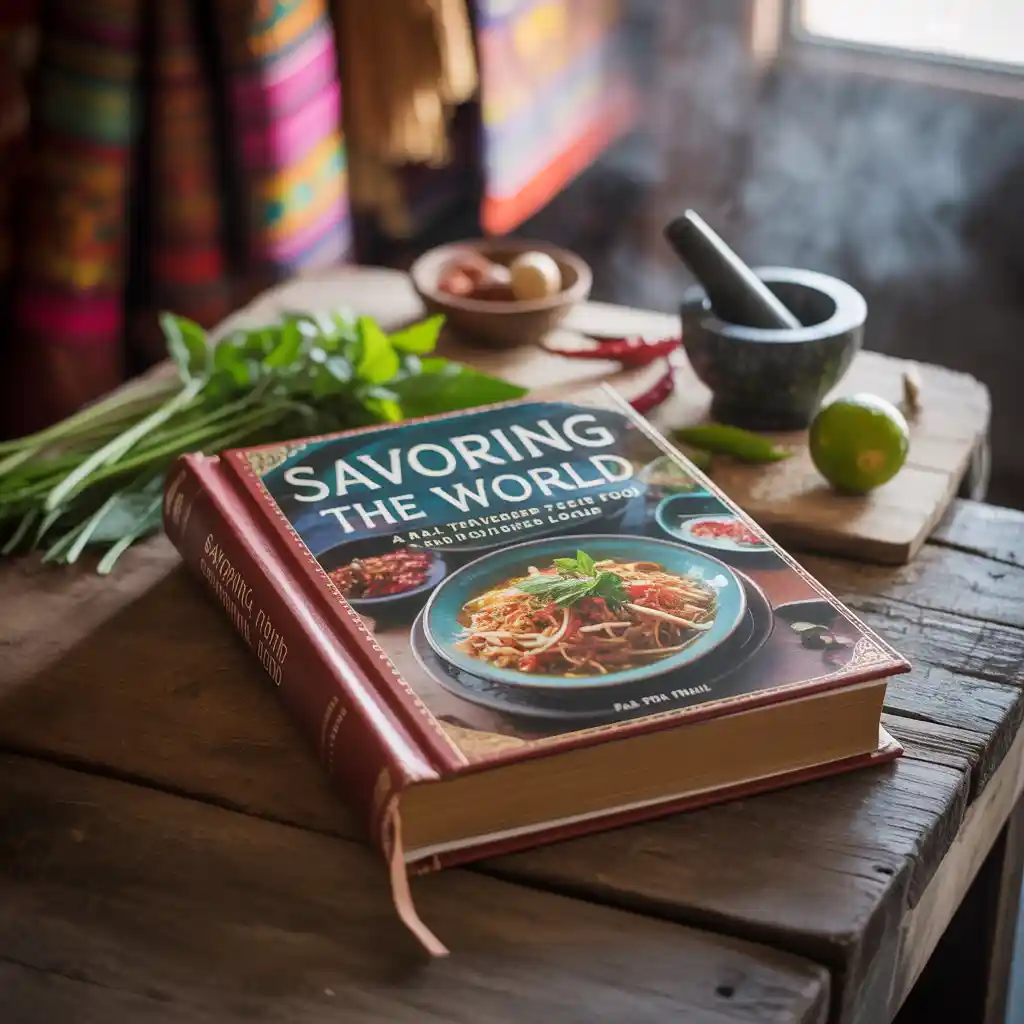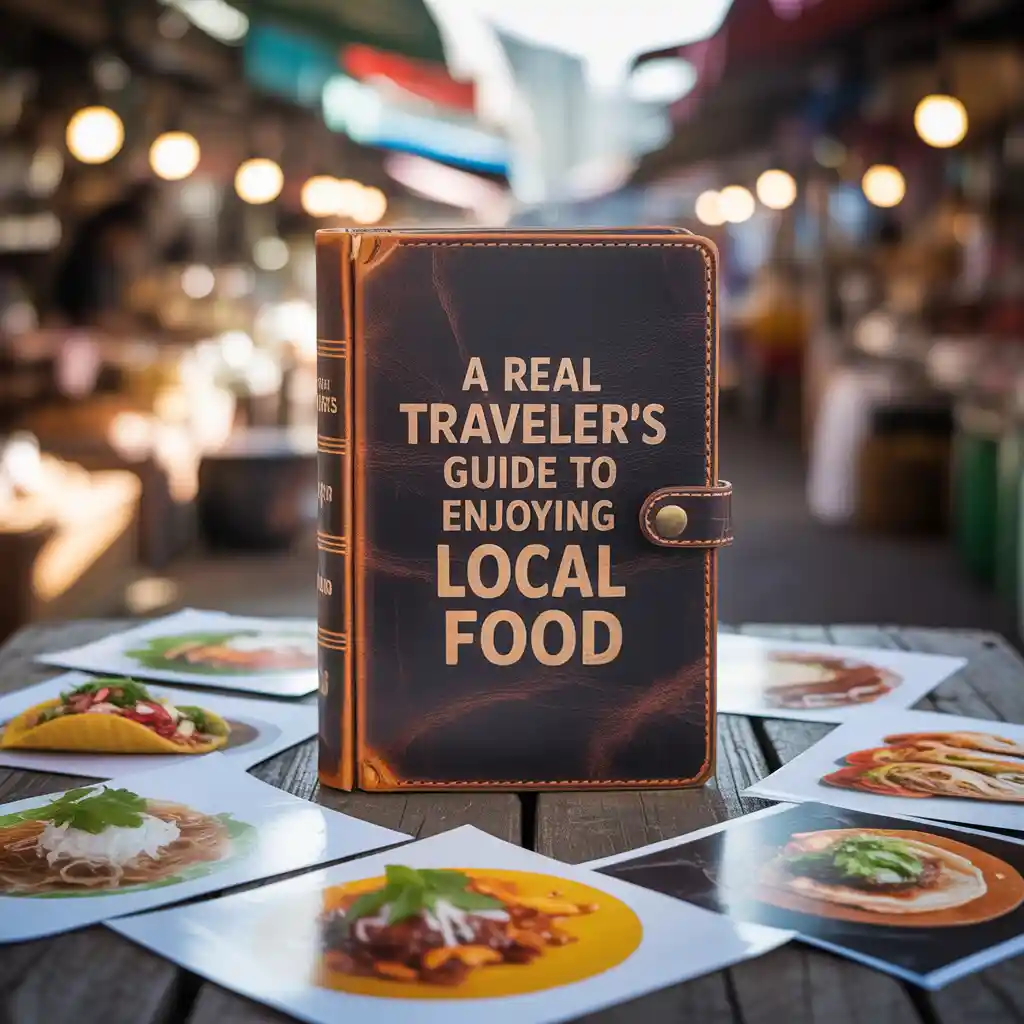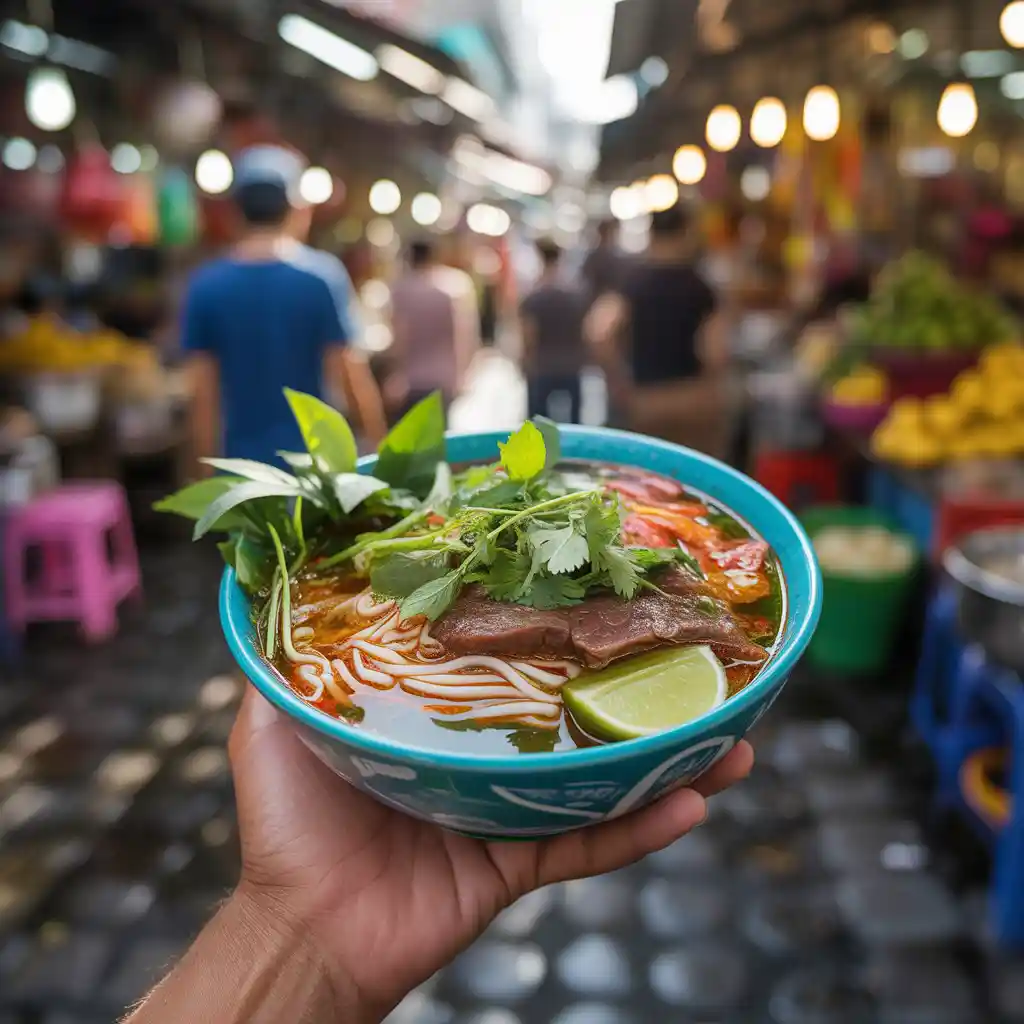
Table of Contents
I. Introduction
Let’s face it—one of the best joys of traveling isn’t so much seeing new things… it’s eating them. Whether it’s the first taste of spicy Thai street food in Bangkok or the first sip of rich espresso in a Roman cafe, food has a way of grounding us somewhere.
And above all these food blogs and Instagram feeds, local cuisine,culture is the true story about where you are—its people, its history, its personality. This blog is me taking apart the way you can eat beyond just consume and become part of the culinary essence of wherever you are. Because the greatest souvenirs? They taste like memories for a lifetime.
II. The Role of Local Food in Travel
A. Learning Culture through Food
Food is the best story teller. Think about it: a Vietnamese pho is not simply noodles but history, family tradition, and local pride all blended together. To eat like locals is to begin to know like locals. You get to experience their comfort food, party food, and morning ritual.
B. The Place of Traditional Food in Local Identity
Each place has a hero food. Spain’s is paella, Mexico’s is mole, and Japan’s is ramen—and not just meals, but identity. To consume them is to be of the place in the most immediate way possible, more so than any tour could possibly be.
C. How Food Experiences Create Lasting Memories
Ask any tourist to name a highlight, and chances are it will be a food one. That flaky, buttery croissant on a Paris park bench? That curry you sweated out at an Indian roadside stand? These are mileposts in our travel stories—food ones.
III. Culinary Travels: Immersion in Local Cuisine

A. Food Tours
Types of Tours to Take: Food tours aren’t only for foodies—anyone interested in getting a feel for the personality of a city will love them. Pounding those unmarked back streets, wine country bike tours, tuk-tuk tours between markets—each type has its own personality.
Delicious Destinations: Head to Istanbul for a flavor of East/West fusion. Head to Bologna if your fantasy is handcrafted pasta. Or walk the night markets of Taipei for a street food lesson.
Why They’re Worth It: Your neighborhood guide isn’t simply ordering in the food down—they’re showing you behind the scenes, to history, to tradition, and to those hole-in-the-wall favorites you’d never ever discover on your own.
B. Cooking Classes
Around the World in an Apron: A cooking school is the ideal means of slowing down and really learning about a culture. From Shanghai dumpling-folding lessons to homemade salsa in Oaxaca, it’s a hands-on way of taking a piece of the trip home.
Cultural Connection: It is not food. You’re not cooking in a stranger’s kitchen, learning grandma’s secret, or drinking wine and swapping stories. It’s human, memorable, and intimate.
Finding Your Fit: Seek out classes which take market trips or provide vegetarian/gluten-free choices if that is what you need. Look at reviews—go where individuals have reported that they felt something.
C. Local Market Visits
Why Markets Matter: Forget the supermarket chain stores—this is where it happens. Fresh fruit piled high, spices in the air, and aunties haggling over the price of fish—it’s raw, unpretentious, and colourful.
What to Do: Look at what the locals are purchasing. Are they all moving in one direction? Move in the same direction. Smell the herbs, taste an irregularly shaped fruit, and don’t think.
Conversation and Flavor: Sellers adore inquisitive tourists. Smile, question, sample what you can. A friendly “What’s your preferred method of preparing this?” can result in a instant masterclass.
IV. Immersion in Local Cuisine Tips

A. Master the Basics of Table Manners
People dine in their own way. Slurping is acceptable in Japan, tipping could be an offense elsewhere, and eating a meal with others can be a show elsewhere. A little research can go a long way to show respect—and stay out of trouble.
B. Say Yes More Often
Finish the plate you never finished in the first place. Order what the people sitting next to you are ordering. Naturally, even if it does sound weird. Particularly if it does sound weird. Those little nibbles always turn out to be your best tales.
C. Get Local Tips
Don’t take top 10 Google advice. Step out and go and ask your taxi driver, your Airbnb host, or a shopkeeper: “Where do you eat?” You will be eating in a small plastic-chair restaurant with unforgettable food.
D. Write It Down (But Don’t Overwrite)
Snap the picture, jot down the dish name, maybe even just make a voice note quickie on the taste. You’ll be glad you did. But also—don’t spend the whole meal crouched over your camera. Taste first. Photo second.

V. Conclusion
If anything is true of travel, it’s this: Food unites us. Food creates bridges, forms friendships, and says so much more than any museum or monument ever could.
So the next time you’re checking in your luggage, check in an open mind—and an even more open stomach. Eat boldly, cook with awe, and savor every bite. Because when you travel with food, you’re not just passing through—you’re becoming part of the place.
1. How can I locate food tours near me?
Just think of platforms such as Airbnb Experiences, Eatwith, or GetYourGuide. Yet in all three cases, it’s the locals or fellow travelers you encounter along the way who are the final information source.
2. How do I safely eat street food?
Look for busy vendors with high turnover (fresh = safe). Eat where the locals eat. Don’t eat uncooked foods if you’re not sure, and use hand sanitizer.
3. Is it worth the price to learn to cook if I have no idea how?
Absolutely! They are largely beginner classes and a matter of experience, not perfection. You’ll learn, you’ll laugh, and you’ll be bursting—what’s not to love
4. I’m food allergic. Can I still eat local food?
Yes, of course. Just prepare. Bring translation cards or apps to communicate your limitations, and choose food tours or cooking classes that you can modify.
5. How do you learn more about a dish that you enjoyed?
Ask your host, or your guide—it’s incredible the pride people have in their food culture. You can also read food blogs or watch documentaries when you return to learn more.

Букеты из тюльпанов на 8 марта — это идеальный способ выразить свои чувства и сделать этот день незабываемым. [url=https://cvety8marta.ru/]Букеты на 8 марта[/url].
Композиции из тюльпанов на Международный женский день — это отличный способ выразить свою любовь и уважение к женщинам. Разнообразие оттенков и форм этих цветов позволяет создавать удивительные композиции, которые порадуют любую женщину.